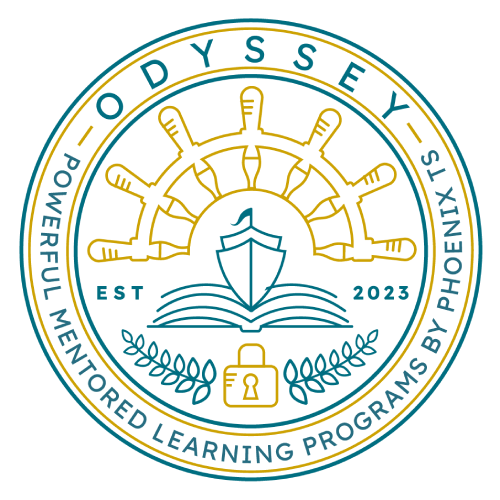Course: Immediate Immersion
Tools used:
Burp Suite – Intercepts traffic
Network Proxy – Configuring a proxy to redirect traffic
John the Ripper – Password cracking tool
Linux Command Line
Network Miner – Network traffic analysis
Wireshark – A more robust network traffic analysis tool.
WinSCP – File transfer tool
Snort – Intrusion detection/prevention system
Putty – Used as a shell to connect to the target machine
Online resource: VirusTotal
Course: The Cyber Academy: Defense
Tools used:
Wireshark – Network traffic analysis
WinSCP – File transfer
Putty – Shell/File transfer; used to connect to linux box
Snort – Intrusion detection/prevention
Linux Command Line
Splunk – Security Information Event Management
Volatility – Memory forensics
Autopsy – Disk forensics
Registry Explorer – Review registry hives
Atom – Note taking
Splunk – Security Information Event Management (SIEM)
Remote Desktop connection (RDP) – connect to forensics machine
WinSCP – File transfers
Putty – Used as a shell
Online resources:
Urlscan.io – Preview a site without navigating to it, also checks the reputation.
VirusTotal – Check the reputation of hashes, IP address and websites.
Any.run – Malware analysis toolkit
Course: The Cyber Academy: Attack
Tools used:
Ida Pro – Reverse Engineering; disassembler
Immunity Debugger – Reverse Engineering; disassembler (more robust than Ida Pro)
Irssi – Internet Relay Chat (IRC)
Relyze – Disassemble, decompile and check binary differences.
Metasploit – Penetration testing framework
Msfvenom – Combination of payload generation and encoding





